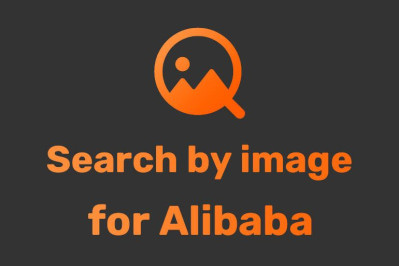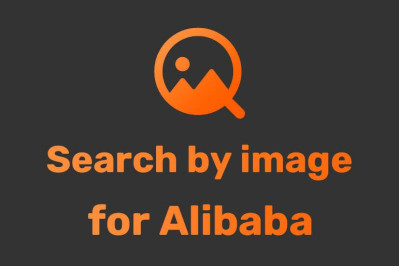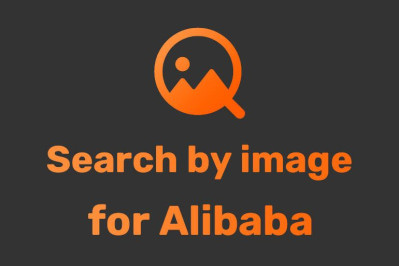

Overcoming Language and Cultural Barriers When Importing from China: Effective Communication Tips
When importing products from China, one of the biggest challenges businesses face is overcoming language and cultural barriers. Effective communication is key to building strong relationships with suppliers, ensuring smooth transactions, and avoiding misunderstandings. In this blog post, we’ll explore essential tips on how to communicate effectively with Chinese suppliers, navigate cultural differences, and leverage technology to enhance your importing experience.
The Language Barrier: A Major Challenge in China Imports
Understanding Language Differences
Chinese suppliers primarily speak Mandarin, and while some may have basic English skills, communication can be challenging when it comes to complex business terms or negotiations. Using simple, clear language is essential to avoid confusion. For instance, instead of saying, “Can you give me a better price?” you could say, “What is your best price for this product?” This makes your request much clearer.
Translation Tools
Fortunately, translation tools like Google Translate or DeepL can help bridge the gap. Many Chinese suppliers are familiar with these tools and can use them to communicate more effectively. Also, the AliPrice Search by Image for China Import plugin can be especially useful. This tool lets you search for products across multiple Chinese platforms using images, and it also helps with translating product details, making the communication process smoother.
Learning Basic Chinese Phrases
Learning a few basic phrases in Mandarin can help build rapport with Chinese suppliers. Here are some essential phrases that can go a long way:
These simple phrases can make a significant impact and show your willingness to engage with their language and culture.
你好 (Nǐ hǎo) – Hello
谢谢 (Xièxiè) – Thank you
请给我最低价格 (Qǐng gěi wǒ zuìdī jiàgé) – Please give me the best price
能否减少一些费用 (Néngfǒu jiǎnshǎo yīxiē fèiyòng) – Can you reduce the cost a little?
Hiring a Translator or Agent
For more complex negotiations or technical discussions, you might consider hiring a translator or procurement agent who is fluent in both English and Mandarin. They can help ensure that both parties understand each other fully, especially when it comes to critical business details.
Navigating Cultural Differences in China Imports
Building Relationships (Guanxi)
In Chinese culture, business is not just about transactions; it’s about building relationships, known as Guanxi. Trust and personal connections are essential before business deals can be made. Take the time to get to know your supplier on a personal level. This could include casual conversations about family, local traditions, or Chinese festivals. This connection will go a long way in fostering long-term cooperation.
Indirect Communication Style
Chinese communication tends to be more indirect than Western communication styles. Instead of a direct “no,” suppliers may say something like “We will try our best” or “It’s difficult.” These statements often signal that further discussion is needed, and it’s not necessarily a firm refusal. Understanding the context and tone of these responses is crucial for effective negotiations.
Patience and Flexibility
Chinese suppliers may take longer to make decisions, especially in larger companies where decisions go through multiple layers of management. It’s important to be patient and not rush responses. Additionally, negotiations often require some flexibility. Showing willingness to adjust terms or deadlines can help create a favorable atmosphere for cooperation.
Respecting Hierarchy
Chinese businesses have a strong respect for hierarchy. Decisions are often made by senior management, so understand that it may take more time for a decision to be reached. Be respectful of the supplier’s position within the company, and if necessary, follow up with someone in a higher position to finalize the deal.
Leveraging Technology to Enhance Your Importing Process
E-commerce Tools and Plugins
Technology can help you overcome language and cultural barriers more effectively. For instance, the AliPrice Search by Image for China Import plugin allows you to search for the same product across different Chinese e-commerce platforms using an image. Key features include:
This tool can be a game-changer when it comes to researching products and suppliers quickly and efficiently.
Searching for similar products across multiple platforms
Downloading and translating images
Exporting product data to Excel
One-click keyword analysis for Listings
Online Communication Tools
In addition to traditional email communication, many Chinese suppliers use apps like WeChat or DingTalk for business conversations. These platforms allow for faster responses, file-sharing, and even voice or video calls, which can be more effective than emails for important discussions.
Video Calls for Better Communication
Video calls are an excellent way to establish a stronger connection with your supplier. Unlike emails or messages, video calls allow you to convey your tone and body language, which helps build trust and understanding. They’re especially useful for more complex negotiations or discussions.
Conclusion
Overcoming language and cultural barriers when importing from China may seem daunting, but with patience, respect for cultural differences, and the right tools, it can be an incredibly rewarding experience. By using simple language, leveraging translation tools, and embracing modern e-commerce plugins like AliPrice Search by Image for China Import, you can streamline your communication with Chinese suppliers and make more informed decisions. Understanding Chinese business culture and using technology to your advantage will help you build stronger relationships and ensure smoother, more successful transactions.
#Import from China #Import China Goods #China Import Solutions #Sourcing From China #Buy From China #China Trade Import #Import From China To Your Country #China Products Import #China Wholesale Import #Import Business China #China Import Export

























Log In Or Register To Add a Question